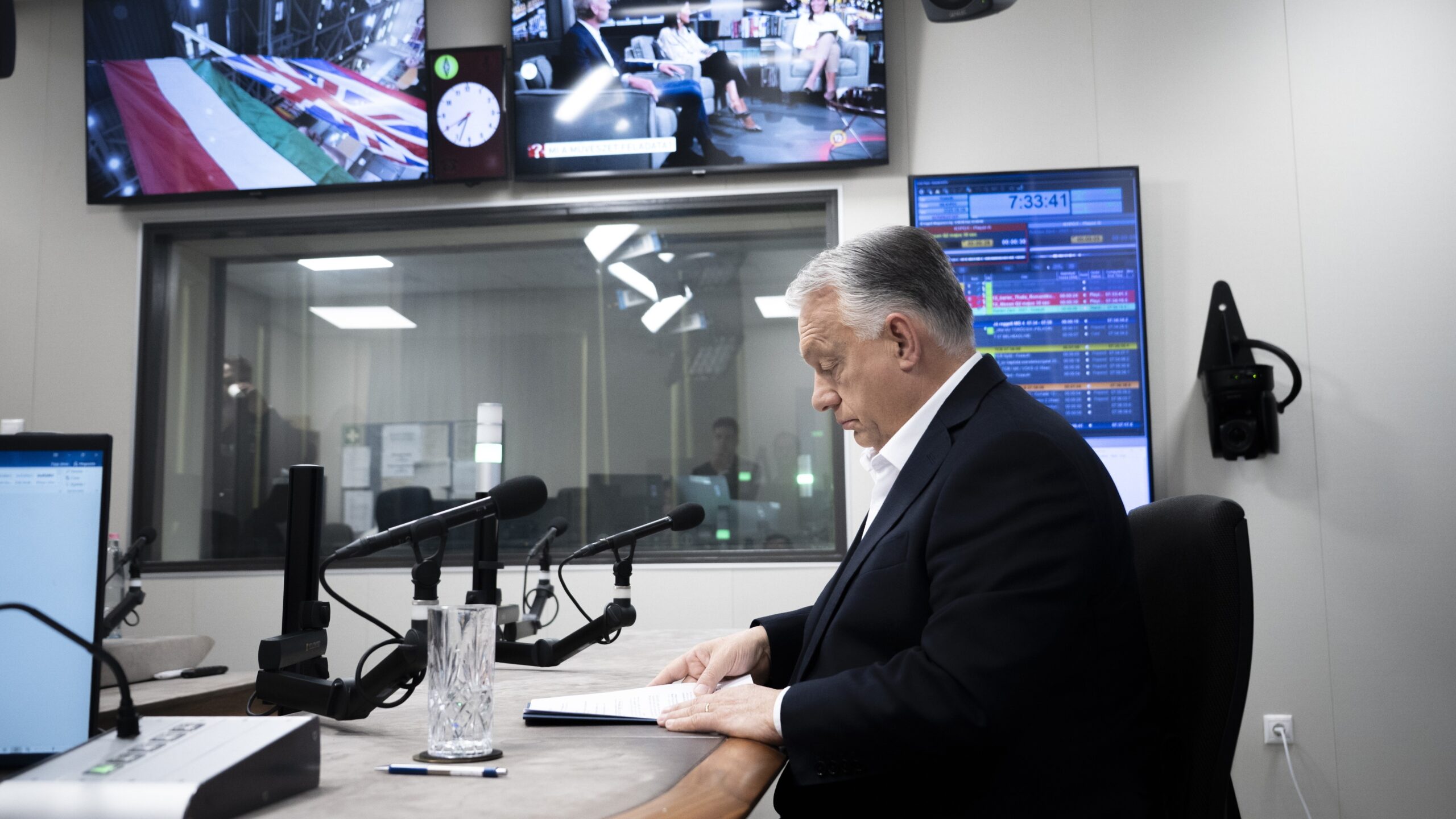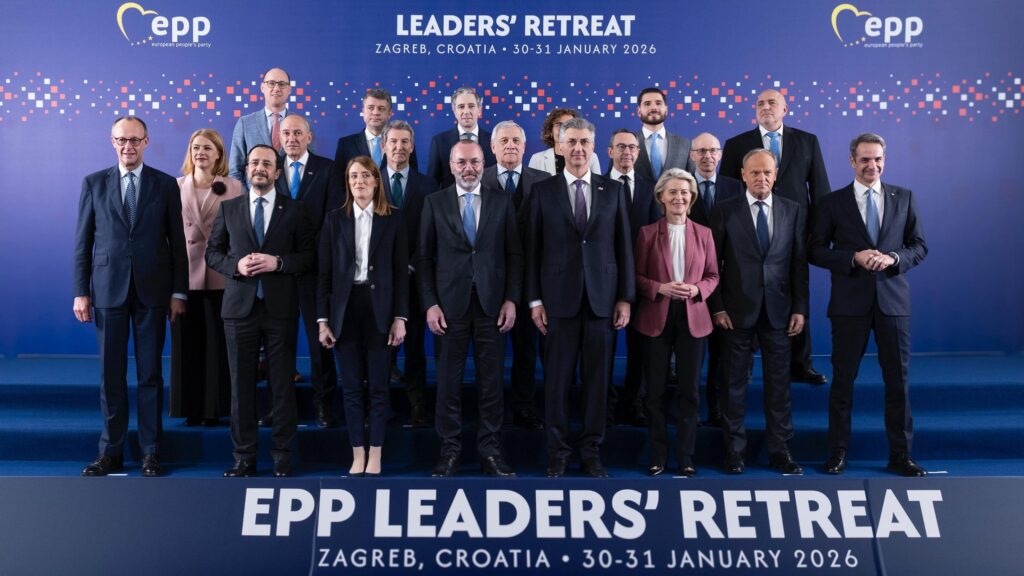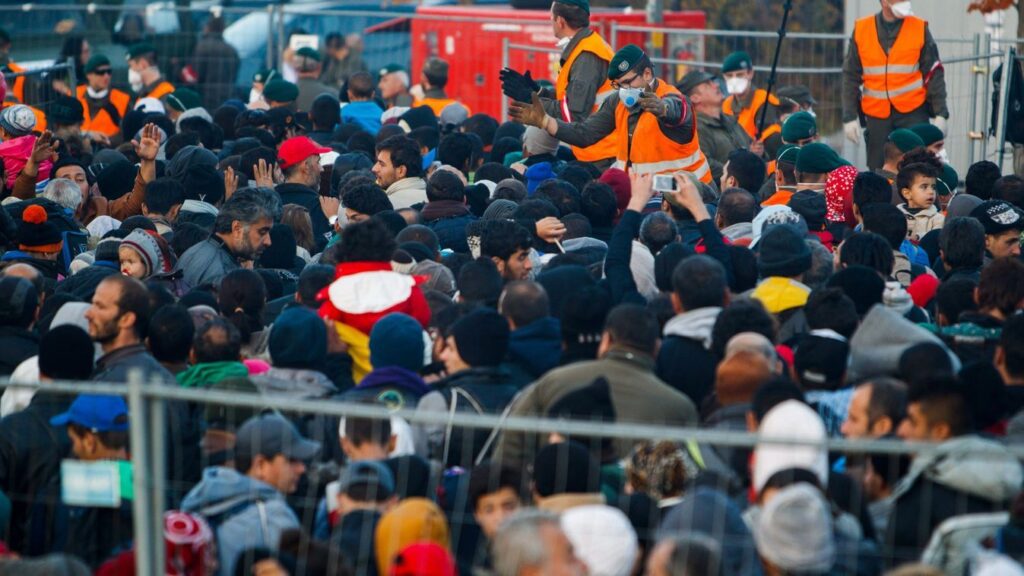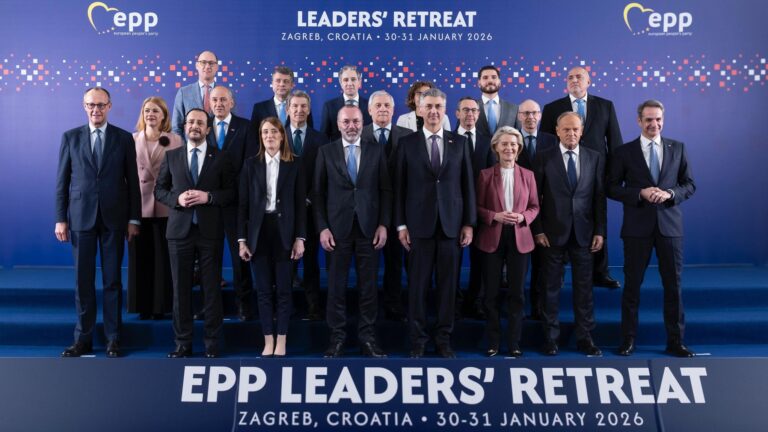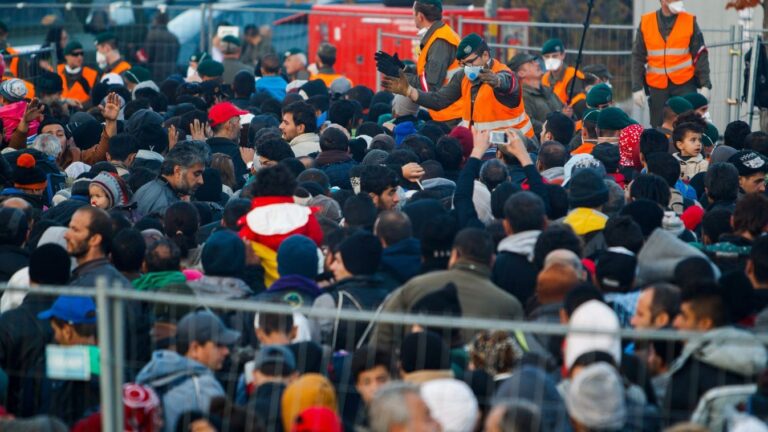Prime Minister Viktor Orbán has urged citizens to participate in the Voks 2025 vote on Ukraine’s potential accession to the European Union, declaring that the decision now will shape the future of the nation. Speaking to public Kossuth Radio on Friday morning, Orbán said the consultation offers citizens a direct say in a historic issue that could impact Hungarian farmers, workers, and national sovereignty.
He emphasized that more than two million people have already voted, and encouraged the remaining population to do the same by midnight. According to the prime minister, if Ukraine is admitted to the EU by 2030, Hungary would lose substantial agricultural subsidies and face increased competition from hundreds of thousands of Ukrainian workers entering the labor market.
Orbán reiterated that while the majority of the EU—along with Hungarian opposition parties like the Tisza Party and Democratic Coalition (DK)—support Ukraine’s membership, the Hungarian government sees significant risks in a fast-tracked accession process. The prime minister warned that once the EU starts down such a path, it is nearly impossible to stop. ‘It’s like a steamroller,’ he said, ‘once it gets moving, it crushes everything in its way.’
Next week’s EU summit will centre on the issue, and Orbán expects a contentious debate. He stressed the importance of experience and ‘strategic calm’, citing his government’s longevity. ‘I need the strength that comes from knowing what the Hungarian people think. It matters whether I speak on behalf of the government or the nation,’ he said.
Jó reggelt, Magyarország! 2025.06.20.
Jó reggelt, Magyarország! 2025.06.20.
The prime minister framed the issue as part of a broader battle between ‘patriots’, who prioritize national sovereignty and oppose mass migration, and ‘federalists’, who support deeper EU integration and the transfer of decision-making power to Brussels.
Orbán also addressed geopolitical risks, warning of global instability if the Israel–Iran conflict escalates. He noted that disruption in Iran could spill over into neighbouring regions and destabilize major trade routes.
On energy, Orbán criticized EU sanctions targeting Russian gas and oil, arguing that they would more than double household utility bills in Hungary. He accused Brussels of pushing policies that conflict with Hungarian interests and revealed that he previously vetoed energy decisions to protect national energy security. He warned that Brussels now seeks to circumvent veto powers by labelling such moves as ‘trade policy’, calling it a distortion of the EU’s legal framework.
Orbán also defended Hungary’s interest rate cap, which protects around 300,000 families from insolvency. While the policy has cost banks an estimated 55 billion forints, he argued that it shields households from financial collapse. ‘Brussels doesn’t care about Hungarian families,’ he said, accusing the EU of siding with multinational corporations over citizens.
The prime minister also rejected EU criticism of Hungary’s retail margin cap, stating it helps keep product prices from rising by 20 per cent. ‘This is a tool to help families,’ he declared, adding that Hungary will maintain the policy even if Brussels takes the matter to the EU court. ‘By the time the lawsuit is over, we hope prices will have stabilized.’
Looking ahead, Orbán outlined several new family-oriented policies: from July, tax benefits for children will increase by 50 per cent, and from August, parental leave benefits (GYED and CSED) will become tax-exempt. Local government salaries in small towns will rise by 15 per cent in both August and January, while families with two or more children will eventually be exempt from income tax for life.
‘These are goals that matter to Hungarian families,’ Orbán concluded. ‘Even in difficult times, the government must aim high and act.’
Related articles:

